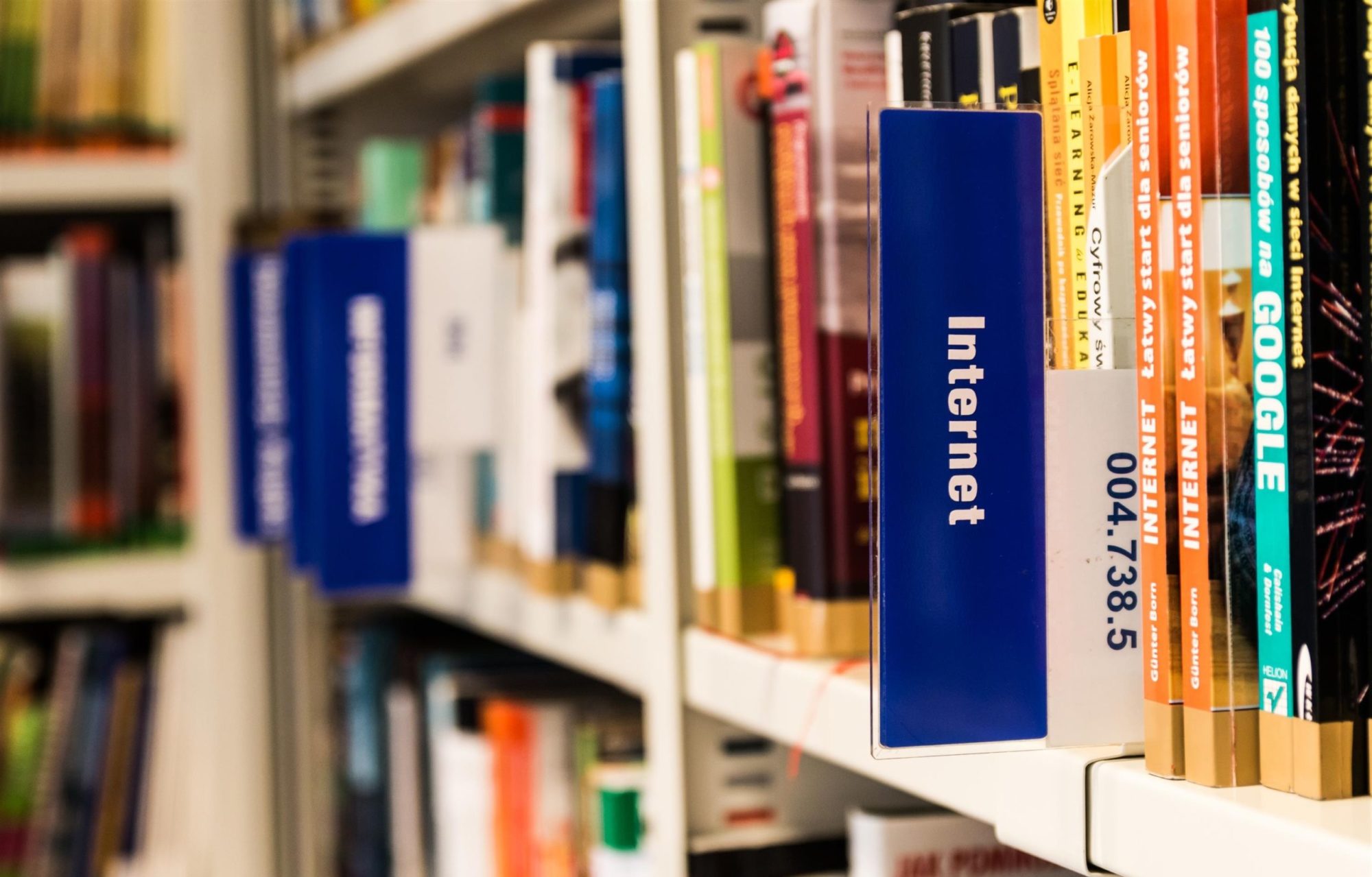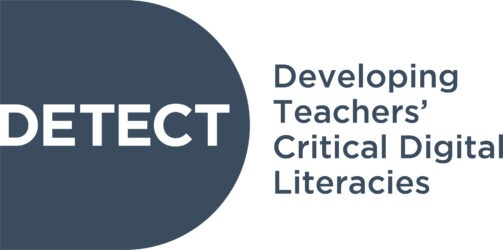Si può definire la Information Literacy come un insieme di competenze che indicano la possibilità da parte del soggetto di cercare, selezionare e certificare le informazioni reperite in rete. Quando parliamo di informazione, occorre che distinguiamo il termine da quelli di conoscenza e sapere. Sinteticamente: l’informazione è il dato; quando formuliamo un giudizio (ovvero organizziamo in termini proposizionali i dati) costruiamo conoscenza; il risultato dell’appropriazione di queste conoscenze è ciò che chiamiamo sapere. I modelli di information literacy mirano a coltivare: a) abilità di ricerca e analisi informative generiche; b) uso critico dell’informazione all’interno di setting diversificati; c) uso critico ed etico dell’informazione per trasformare il mondo (Lupton & Bruce, 2010). E’ necessario, partendo da questa base, fare i conti con la datificazione, che ha a che fare con la presenza oggi di un sistema di mercato ricondotto ai nostri dati, che ricostruisce il nostro sistema di valori per proporre dei comportamenti (di acquisto, ricerca, ecc.)…
- Data Literacies
- text
- text: lesson plan
- generazioni connesse
- Attribution (CC BY)
- https://www.generazioniconnesse.it/site/it/0000/00/00/dallinformation-literacy-alla-data-literacy-/

